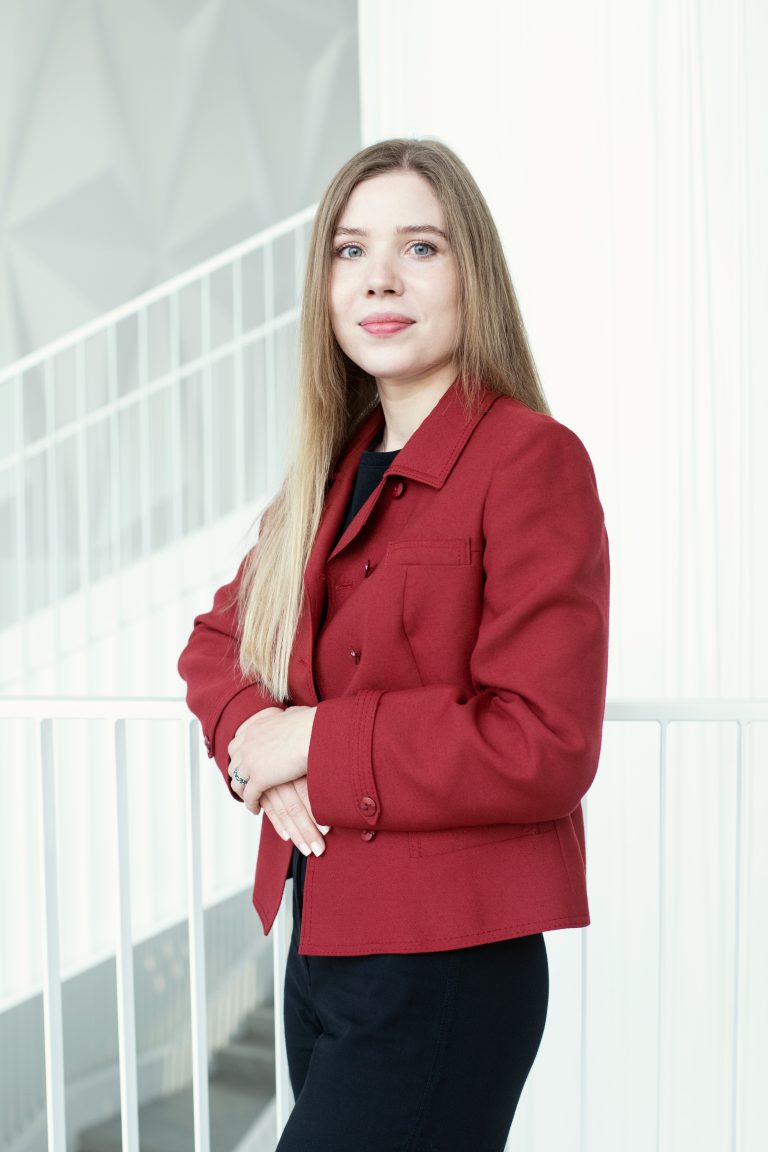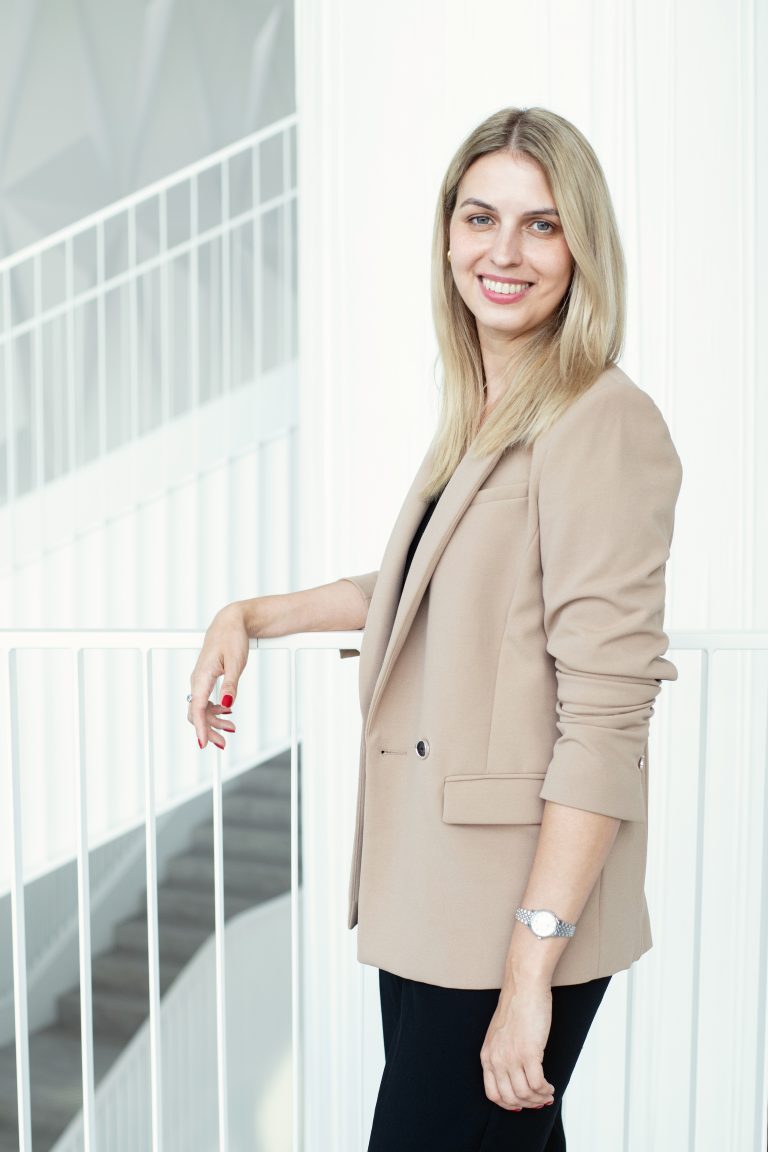Kurkime modernią Lietuvos ateitį kartu
RegistruotisOffice of the President of the Republic of Lithuania
Universal Design: how to create an accessible and usable public sector environment for all?
Problem
In 2010 Lithuania has ratified the United Nations Convention on the Rights of Persons with Disabilities (CRPD) to promote, protect and ensure the full and equal enjoyment of all human rights and fundamental freedoms by all persons with disabilities, and to promote respect for their inherent dignity. The Convention encompasses equality of the rights of persons with disabilities before the law, freedom and security, inviolability of the person, rights to free movement, citizenship and independent life, the right to health, employment, education, work, and the opportunity to participate in cultural and political life.
In Lithuania and all ove the world, persons with disabilities and people with individual needs are still faced with various barriers that may hinder their full and effective inclusion and participation in society. One of the means to reduce the barriers and ensure life quality for everyone is universal design (UD). Universal Design is the design and composition of an environment so that it can be accessed, understood and used to the greatest extent possible by all people regardless of their age, size, ability or disability. An environment (or any building, product, or service in that environment) should be designed to meet the needs of all people who wish to use it. Successfully applied UD principles empower various population groups, thus positively affecting public health, well-being, economy and social climate.
Foreign practices demonstrate that the inclusion and cooperation of people with disabilities and specific needs is a crucial element for the successful implementation of UD practice. Moreover, cities, municipal bodies, and local communities are especially important in creating everyday life without barriers and establishing UD principles. They have an ability to implement specific tangible solutions to improve people’s lives and foster autonomy, inclusion and equality. However, the available data shows that more than half (32) of the 60 municipalities in Lithuania have not ensured that at least one third of public buildings and services were accesible to people with disabilities. Also, more than half of the municipalities do not have enough information to succesfully implement UD. Although it is noticeable that there are a number of countrywide initiatives regarding UD, implementation of UD principles and supervision is often disorganised in the regions of Lithuania. On top of that, negative attitudes and stigma prevail in terms of the topic.
According to the data of the previous project, at least 38% (or 1.1 million) of the population in Lithuania could benefit from an accesible and inclusive enviroment and services. As the country’s population ages rapidly (in 2050, Lithuania’s population will be one of the oldest in Europe) and life expectancy increases, the importance of UD will only grow, and it is more important than ever to discuss and plan relevant policy, address emerging challenges, and take advantage of existing opportunities to create a safe, accessible and usable environment and services for everyone.
Goal
The aim of the project is to promote universal design principles in Lithuania
Project progress
2023/10/06
Current situation analysis
2023/10/30
Foreign regional practice analysis
2023/12/22
Qualitative survey of accessibility in Lithuania‘s public sector
2024/01/02
Quantitative survey of accessibility in Lithuania‘s public
2024/02/08
Self-audit tool for information accessibility
2024/03/01
Project presentations to stakeholders and representatives
Result


